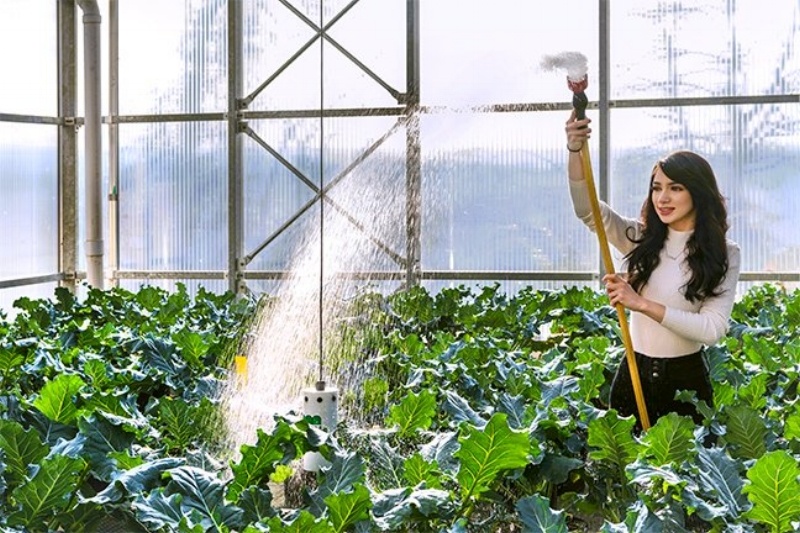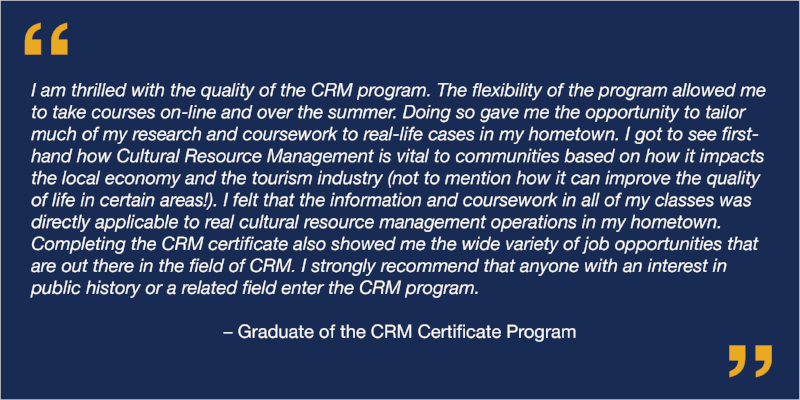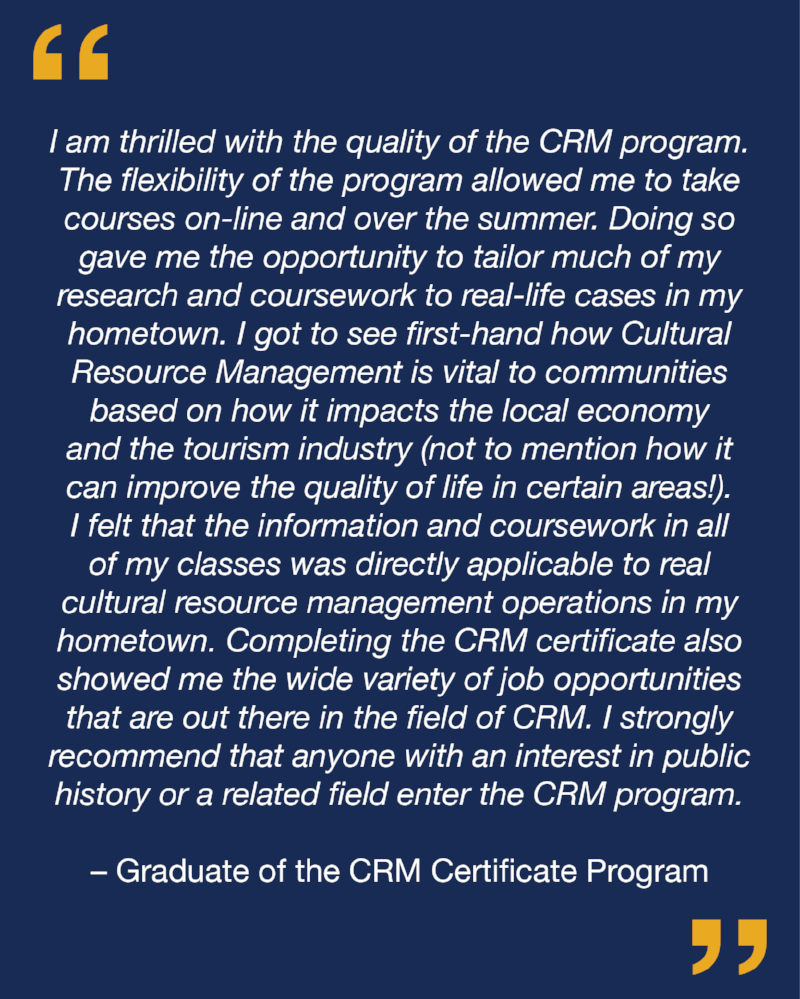
Do you want a career that really focuses on economic, social, and environmental change?
Are you wondering if a graduate degree will actually prepare you to thrive in a purpose-driven career?
We understand that making the decision to get your master’s and choosing a graduate school can be challenging, but we want to help you make the best decision possible.
Keep reading for some insight into why the Admissions professionals at West Virginia University think a graduate degree based in sustainability can practically and efficiently broaden your professional horizons and put you on the path toward your dream career.
Let’s start with what you realistically NEED.
Sure, people who are successful at careers based in social and environmental change don’t always have a graduate degree, but if we’re being realistic, in order to contribute to real change in the most impactful way possible, purpose-driven professionals must be prepared for every challenge, every question, and every uncertainty that may present itself along the way.
One of the best ways you can prepare yourself is by earning an advanced degree that will equip you with the knowledge and skills needed to enact real change. Graduate students leave their programs prepared to take on society’s most prevalent issues in environmental, economic, and social spheres.
Here are a few master’s degrees that will prepare you to use sustainability-focused practices in order to make a real difference in your community and the world.
Design & Merchandising degrees can make fashion more sustainable.

If you’re looking to stimulate your creative soul while making a difference, consider a degree in something like Design and Merchandising.
Those pursuing a master’s degree in Design & Merchandising at WVU will learn how to design with a focus on environmental sustainability through the application of new materials and technologies in novel forms and product designs.
Design majors tend to take jobs as:
- Fashion designers — according to the BLS, fashion designers have a median pay of $65,170 per year and are expected to experience an occupational growth rate of 3 percent.
- Purchasing agents — receive a median salary of $60,700 and the profession is growing at a rate of 2 percent.
A graduate degree in Design and Merchandising will provide you with the knowledge to make an impact and a network of design masters to help you get your start!
Environmental & Natural Resource Economics combines business analysis with sustainable thought.
We don’t often associate large-scale corporations with best environmental practices, but natural resource economists think that sustainability is the future of all kinds of businesses.
Through the lens of sustainability, economists can help calculate the true combined cost of various human behaviors or harmful business practices that negatively affect the state of our environment. By using economic models and different forms of analysis, natural resource economists can advise environmental advocacy firms on the vital policy changes that could make sustainable practices the norm.
Career outlook for natural resource economists:
- Economists in general can make up to $102,490 per year, according to the BLS.
- Economists are expected to have a job growth outlook of about 6 percent.
But this program won’t limit students to one particular industry or focus – it allows students to design their own course of study, according to personal interest and career goals. Past studies have focused on policy change related to water use and quality, soil protection, and waste and ecosystem management.
By the way, meet Emma, an alum of WVU's Environmental & Natural Resource Economics program:
Emma Lane, an alumna of the environmental and natural resource economics program and Bridgeport, W.Va., native, enrolled at WVU because of its exceptional programs, state pride and great atmosphere.

When it came to choosing her major, Lane thought about her hobbies and things she loved. Two of those things happened to be business and the environment.
“I love learning about our ecosystem and how to improve it, so this felt like the perfect fit,” she said.
While in school she interned at SustainU Clothing and helped coordinate their national campaign, OneShirtChallenge. She is currently a program assistant for EcoHealth Alliance, an innovative research organization specializing in conservation and wildlife, ecosystem, and human health.
Cultural Resource Management degrees can help a community connect with its roots.
Cultural Resource Management professionals dedicate their careers to studying and preserving the past – learning about the culture and history of a people by maintaining the integrity of its most valuable historic structures, archaeological sites, and archives.
- After completion of the program, graduates will be prepared to pursue careers as Archivists, Curators, and Museum Managers/Workers and will have a job outlook growth of 13 percent.
This 15-credit graduate certificate program will give students the chance to take part in innovative research and collaborate with local organizations to survey historic buildings or trace a community back to its roots. Through these practical learning experiences, students will have the opportunity to directly impact the preservation efforts of different sites around the state and region — before graduation.


Industrial Engineering degrees strategically implement improvements to the way systems operate more sustainably.
WVU’s Industrial Engineering program teaches students how to improve system performance, and the knowledge students gain here can be used to reduce energy consumption in the real world.
People who graduate with degrees in this area tend to go on to have careers in:
- Industrial or manufacturing engineering — which according to the Bureau of Labor Statistics (BLS) has a median salary of $84,310 and projected occupational growth rate of 1 percent.
- Logistics supply chain engineering — which offers a median salary of $74,170 per year and 2 percent occupational growth rate.
- Sales engineering — which offers a median salary of $100,000 and a growth rate of 7 percent.
Graduates of this program will be able to improve the efficiency and sustainability of systems while entering lucrative, growing industries.
Sustainability is important for the future of our world and thus, our lives and careers. By pursuing a graduate degree in a sustainability-focused career, you’ll graduate with the skills necessary to enacting social, economic, and environmental change in a variety of professionals spheres.
We hope you’ll request more information about West Virginia University’s graduate programs here.
Are you making plans to take the GRE but are struggling with some test anxiety? If so, you're in luck, because we've put together a digital resource for you to consider. Check out the GRE Cheat Sheet for!









